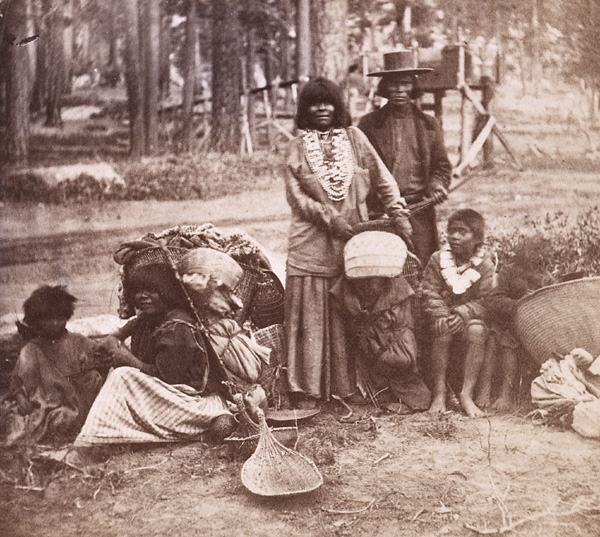An effort to name a Lake Tahoe cove after American literary icon Mark Twain has been scuttled for the second time in three years, citing opposition from a tribe that says the writer held racist views of Native Americans.
The Nevada State Board on Geographic Names this week voted to indefinitely table the request after hearing opposition from the Washoe Tribe of Nevada and California, whose ancestral homeland includes Lake Tahoe. Darrel Cruz, head of the tribe's cultural resource department, said the late author did not deserve to have a scenic cove on the lake’s northeast shore named for Samuel Clemens, Twain’s real name.
"Samuel Clemens had racist views on the native people of this country and has captured those views in his literature," Cruz wrote in a letter to the board. "Therefore, we cannot support the notion of giving a place name in Lake Tahoe to Samuel Clemens."
Cruz cited Twain's opposition to the naming of the lake as Tahoe, which is derived from the Washoe word "da ow" for lake. He also took exception to a Twain quote about Lake Tahoe: "People say that Tahoe means 'Silver Lake' — 'Limpid Water' — 'Falling Leaf.' Bosh! It means grasshopper soup, the favorite dish of the digger tribe — and of the Pi-utes as well."
Washoes dislike being referred to as the "digger tribe," Cruz said, a derogatory term applied to some tribes in the West who dug roots for food. Other tribes ate grasshoppers.
Joseph Csicsila, an English professor at Eastern Michigan University, told FoxNews.com that Twain's hostile attitude toward Native Americans has been well documented, but said there's more to the story.
"Twain's harsh depictions of Native Americans was in large part a response to the twin experiences of reading the 'false' accounts of Indian characters such as James Fenimore Cooper's Chingachgook in nineteenth-century romantic literature and his firsthand disillusioning experiences with some Native peoples in the West," Csicsila wrote in an email."That said, Twain gradually became sympathetic toward and even admiring of Native Americans in the final decades of his life."Read the rest of the story HERE.
If you like what you see, please "Like" us on Facebook either here or here. Please follow us on Twitter here.




No comments:
Post a Comment